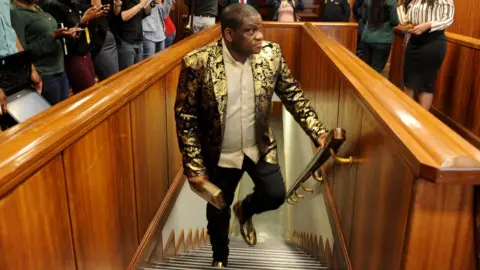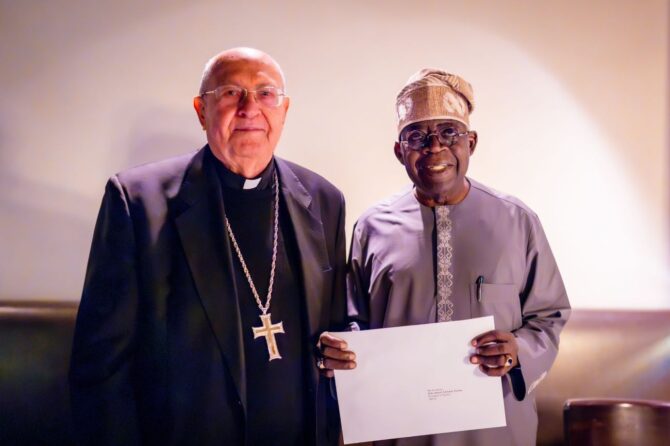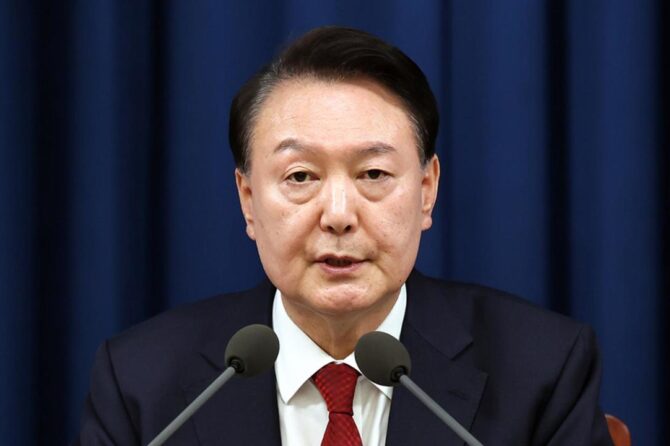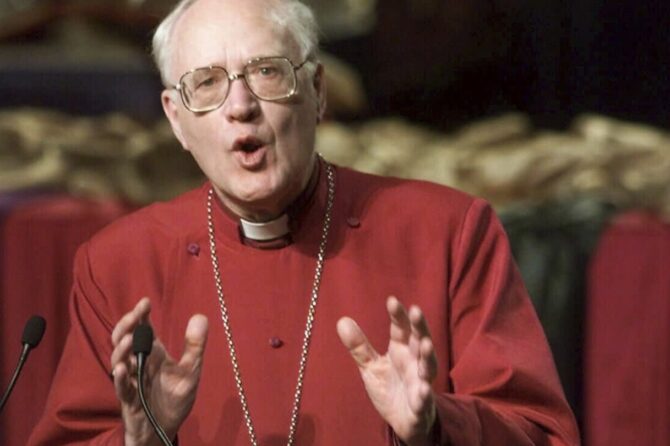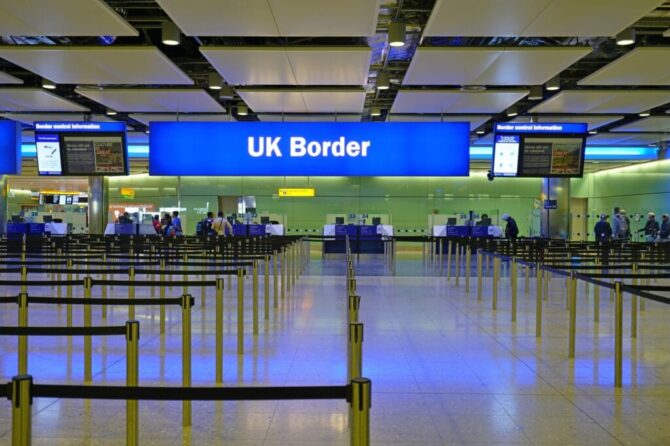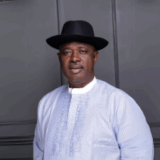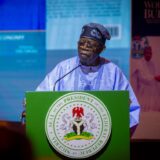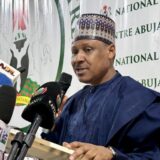Televangelist Timothy Omotoso Acquitted After Eight-Year Trial: A Case Study in South Africa’s Judicial Treatment of Foreigners
TL;DR: Nigerian televangelist Timothy Omotoso was acquitted of rape and trafficking charges on April 2, 2025, after an eight-year trial in South Africa, prompting Prophet Shepherd Bushiri to claim it reveals judicial bias against foreigners, amid debates over prosecutorial failures and differential treatment.
Gqeberha, South Africa – April 5, 2025: After nearly eight years of legal battles, Nigerian televangelist Timothy Omotoso walked free on April 2, 2025, acquitted of all 32 charges—including rape, human trafficking, and racketeering—by the High Court in Gqeberha, Eastern Cape. The ruling, delivered by Judge Irma Schoeman, has reignited debates about the South African judicial system’s handling of high-profile cases, particularly those involving foreign nationals. The case’s conclusion has drawn sharp commentary from Malawian Prophet Shepherd Bushiri, a fugitive facing his own legal woes in South Africa, who claims Omotoso’s acquittal exposes a systemic bias against foreign religious leaders.
The Inception: A Dramatic Arrest and National Spotlight
The saga began on April 20, 2017, when Omotoso, the charismatic leader of Jesus Dominion International (JDI), was arrested at Port Elizabeth International Airport (now Chief Dawid Stuurman International Airport) by the Hawks, South Africa’s elite crime-fighting unit. The Nigerian pastor, then 58, was accused of orchestrating a criminal enterprise within his Durban-based church, allegedly luring vulnerable young women—some as young as 14—with promises of spiritual blessings, only to subject them to sexual exploitation. His co-accused, Lusanda Sulani and Zikiswa Sitho, both South African women, were alleged to have aided in recruiting and controlling victims.
The arrest was a spectacle, broadcast live and watched by a nation grappling with rampant gender-based violence (GBV). Omotoso’s foreign nationality and religious prominence amplified public interest, casting him as both a predator and, to his supporters, a persecuted outsider. Initially facing 63 charges, the case was reduced to 32 by the trial’s end, reflecting a tumultuous legal process marked by delays, witness reluctance, and procedural challenges.

A Protracted Trial: Eight Years of Controversy
The trial commenced in October 2018 at the Port Elizabeth High Court, later moving to Gqeberha. It quickly became a lightning rod for discussions on justice, religion, and xenophobia. Witnesses, including Cheryl Zondi, who testified in 2018 about being raped by Omotoso at age 14, faced intense scrutiny and public threats, highlighting the emotional toll on complainants. Yet, the prosecution struggled with a case plagued by inefficiencies—delays stretched over years as Omotoso filed multiple legal challenges, including bail applications repeatedly denied, keeping him detained for the duration.
For a foreign national like Omotoso, the prolonged detention without bail raised eyebrows. Critics argue it reflects a harsher stance toward non-South Africans, contrasting with cases where locals in similar high-profile matters often secure bail more readily. Legal analysts point to the 2020 court document Omotoso v S (CC15/2018), where bail was refused, as evidence of a judicial tendency to treat foreign accused with heightened caution, possibly fueled by public pressure and fears of flight risk.
The Judgement: Acquittal and Prosecutorial Failure
On April 2, 2025, Judge Schoeman delivered a verdict that stunned many: Omotoso, Sulani, and Sitho were acquitted on all counts. The judge pinned the outcome on prosecutorial mishandling, citing “shallow” cross-examination and a failure to prove guilt beyond reasonable doubt. “It was as if the cross-examination never even took place,” Schoeman remarked, noting that Omotoso’s day-long defense testimony was barely challenged. The National Prosecuting Authority (NPA) acknowledged “improper” conduct by former prosecutors, with spokesperson Luxolo Tyali suggesting the acquittal hinged on technicalities rather than substantive innocence.
The ruling sparked jubilation among Omotoso’s supporters, who celebrated outside the court with hymns, and despair among victims’ advocates. Cheryl Zondi was seen leaving in tears, a stark image of justice unserved. The NPA has since signaled intent to explore legal options, potentially an appeal, while Omotoso faces immediate deportation to Nigeria—a move some see as further evidence of differential treatment for foreigners.
Foreigners in the Dock: A Pattern of Bias?
Omotoso’s case is not an isolated incident in South Africa’s judicial landscape. The treatment of foreign nationals, particularly high-profile religious figures, has long been contentious. Critics argue that the system disproportionately targets non-South Africans, especially those perceived as influential or prosperous, with prolonged detentions and intense public scrutiny. The eight-year ordeal, coupled with Omotoso’s inability to secure bail, contrasts with cases like that of local pastor Alph Lukau, who faced fraud allegations in 2019 but remained free during proceedings.
Prophet Shepherd Bushiri, a Malawian televangelist who fled South Africa in 2020 while on bail for fraud and money laundering charges, seized on Omotoso’s acquittal to bolster this narrative. In a Facebook post on April 3, 2025, Bushiri wrote, “For eight years, they caged [Omotoso] like an animal, seized his businesses, and watched his life crumble. Now he walks free—but into what? This is evidence of systemic persecution against foreign religious leaders.” Bushiri, resisting extradition from Malawi, urged Omotoso to “leave while you still can,” framing South Africa’s justice system as a “rigged game” targeting foreigners.
Bushiri’s own case—fleeing after a R200,000 bail in 2020—mirrors Omotoso’s in its high-profile nature and allegations of judicial overreach. His comments resonate with a broader sentiment among some foreign communities in South Africa, who point to cases like that of Nigerian pastor Chris Oyakhilome, scrutinized for financial dealings, as part of a pattern. However, defenders of the system argue that the focus on foreigners reflects their visibility in sensational cases, not inherent bias, and that prosecutorial failures in Omotoso’s trial were case-specific, not nationality-driven.
Critical Lens: Justice or Xenophobia?
The Omotoso case lays bare tensions in South Africa’s judicial treatment of foreigners. On one hand, the state’s aggressive pursuit—arresting him at an airport and detaining him for eight years—suggests a determination to hold foreign nationals accountable, particularly in GBV cases that strike a national nerve. On the other, the acquittal due to prosecutorial incompetence raises questions about whether such zeal compromises fairness, especially when resources and public pressure skew toward conviction over due process.
Comparative analysis reveals disparities. Local figures accused of similar crimes often navigate shorter detentions or lighter scrutiny, while foreigners like Omotoso endure extended limbo, their foreign status amplifying flight-risk fears. Deportation post-acquittal, a step not typically applied to acquitted South Africans, further fuels the bias debate. Yet, the NPA’s commitment to review the judgement suggests an attempt to address systemic flaws, not nationality-based targeting.
Broader Implications and Bushiri’s Echo
The acquittal has profound implications for South Africa’s fight against GBV and its judicial credibility. Justice Minister Mmamoloko Kubayi, demanding a report from the NPA by April 7, 2025, called it “a moment to reflect” on public trust. For foreign nationals, it underscores a precarious position: celebrated by some as spiritual leaders, vilified by others as outsiders exploiting local vulnerabilities.
Bushiri’s assertion of bias finds traction among his followers and Omotoso’s supporters, who see the case as a cautionary tale. Yet, it’s a claim that demands scrutiny. Was Omotoso’s treatment a product of xenophobia, or a botched prosecution magnified by his foreign identity? The answer lies in a complex interplay of legal failures, societal attitudes, and the unique pressures of high-profile foreign defendants.
As Omotoso prepares to leave South Africa, and Bushiri resists returning, the case leaves a lingering question: does the judicial system serve justice equally, or does it stumble when foreigners stand in the dock? For now, the echoes of April 2, 2025, reverberate beyond Gqeberha, challenging South Africa to confront its processes and prejudices.


